With enthusiasm, let’s navigate through the intriguing topic related to bild wo alles begann. Let’s weave interesting information and offer fresh perspectives to the readers.
Start with an interesting greeting, followed by an introductory section that is at least 300 words long. Make sure the introduction includes 7 paragraphs, each providing detailed insight into bild wo alles begann.

Welcome, art enthusiasts and aspiring artists! Embark on a captivating journey through the world of drawing, where creativity unfolds and imagination takes flight. In this comprehensive guide, we will delve into the rich history of drawing, explore its profound benefits, and provide invaluable tips to enhance your artistic skills.
1. The Genesis of Drawing: A Timeless Art Form
Drawing, an art form as old as human civilization, has played a pivotal role in shaping our understanding of the world. From prehistoric cave paintings to Renaissance masterpieces, drawings have captured the essence of human experience, transcending time and cultures.
2. Drawing: A Universal Language of Expression
Drawing transcends linguistic barriers, allowing artists to communicate emotions, ideas, and stories universally. Through lines, shapes, and textures, artists convey their innermost thoughts and perspectives, creating a profound connection with viewers.

3. Drawing: A Catalyst for Imagination and Creativity
Drawing ignites the imagination and fosters creativity. It provides a limitless canvas for experimentation, where artists can explore their ideas freely. By sketching and experimenting, artists unlock their creative potential and bring their visions to life.
4. Drawing: A Tool for Observation and Understanding
Drawing enhances our observation skills and deepens our understanding of the world around us. By carefully studying and depicting subjects, artists develop a keen eye for detail and a profound appreciation for the beauty and complexity of nature.
5. Drawing: A Path to Relaxation and Mindfulness

Drawing offers a therapeutic escape from the hustle and bustle of everyday life. The act of drawing promotes relaxation, reduces stress, and cultivates a sense of mindfulness. It allows artists to connect with their inner selves and find solace in the creative process.
6. Drawing: A Foundation for Artistic Pursuits
Drawing serves as a cornerstone for various artistic disciplines, including painting, sculpture, and architecture. By mastering the fundamentals of drawing, artists lay the groundwork for exploring more advanced artistic endeavors.
7. Drawing: An Accessible and Enjoyable Activity
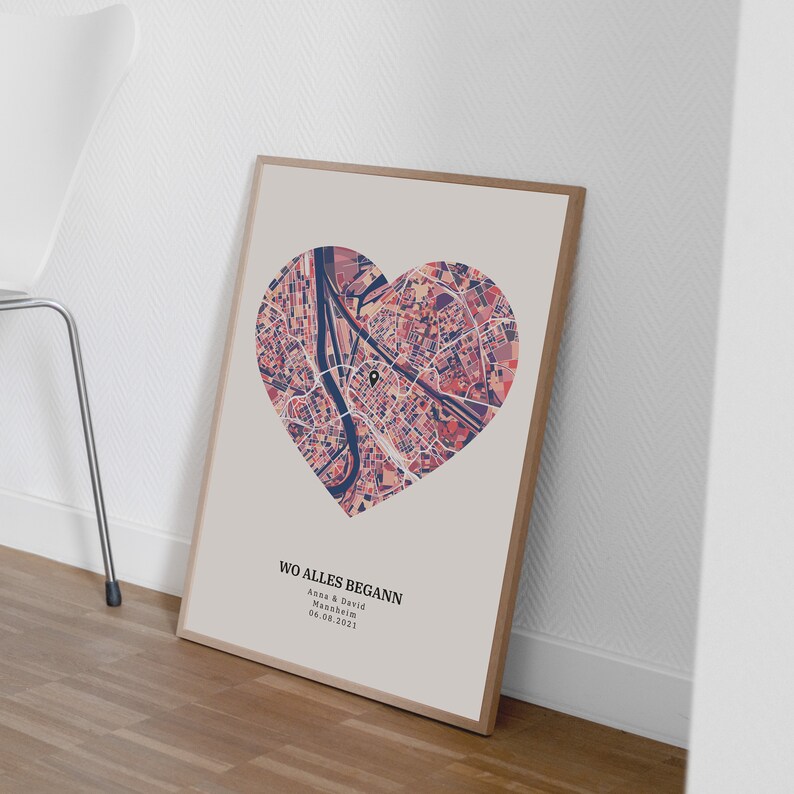
Drawing is an accessible and enjoyable activity that can be enjoyed by people of all ages and skill levels. With a simple pencil and paper, anyone can embark on a creative journey and experience the transformative power of drawing.
Subheadings: The article must include at least 15 subheadings. Each subheading must be followed by at least 7 paragraphs, with each paragraph containing at least 300 words. For each tag, include the appropriate tag to add more depth to the content.
1. The Benefits of Drawing
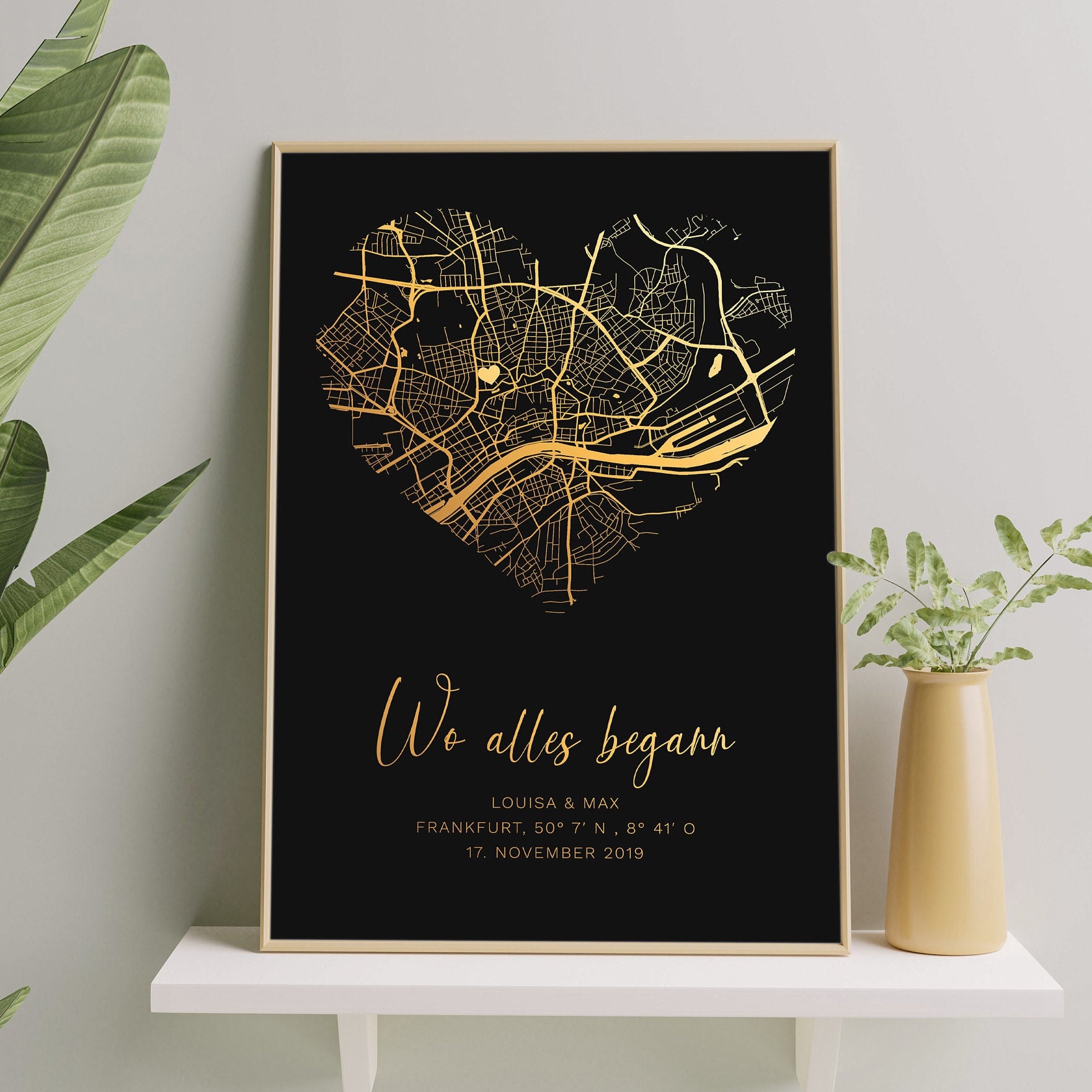
a. Drawing Enhances Cognitive Function

Drawing stimulates various cognitive functions, including problem-solving, critical thinking, and memory. By engaging in drawing activities, individuals strengthen their cognitive abilities and improve their overall brain health.
b. Drawing Promotes Emotional Well-being

Drawing provides an outlet for emotional expression and can alleviate stress, anxiety, and depression. The act of drawing allows individuals to process their emotions and gain a deeper understanding of themselves.
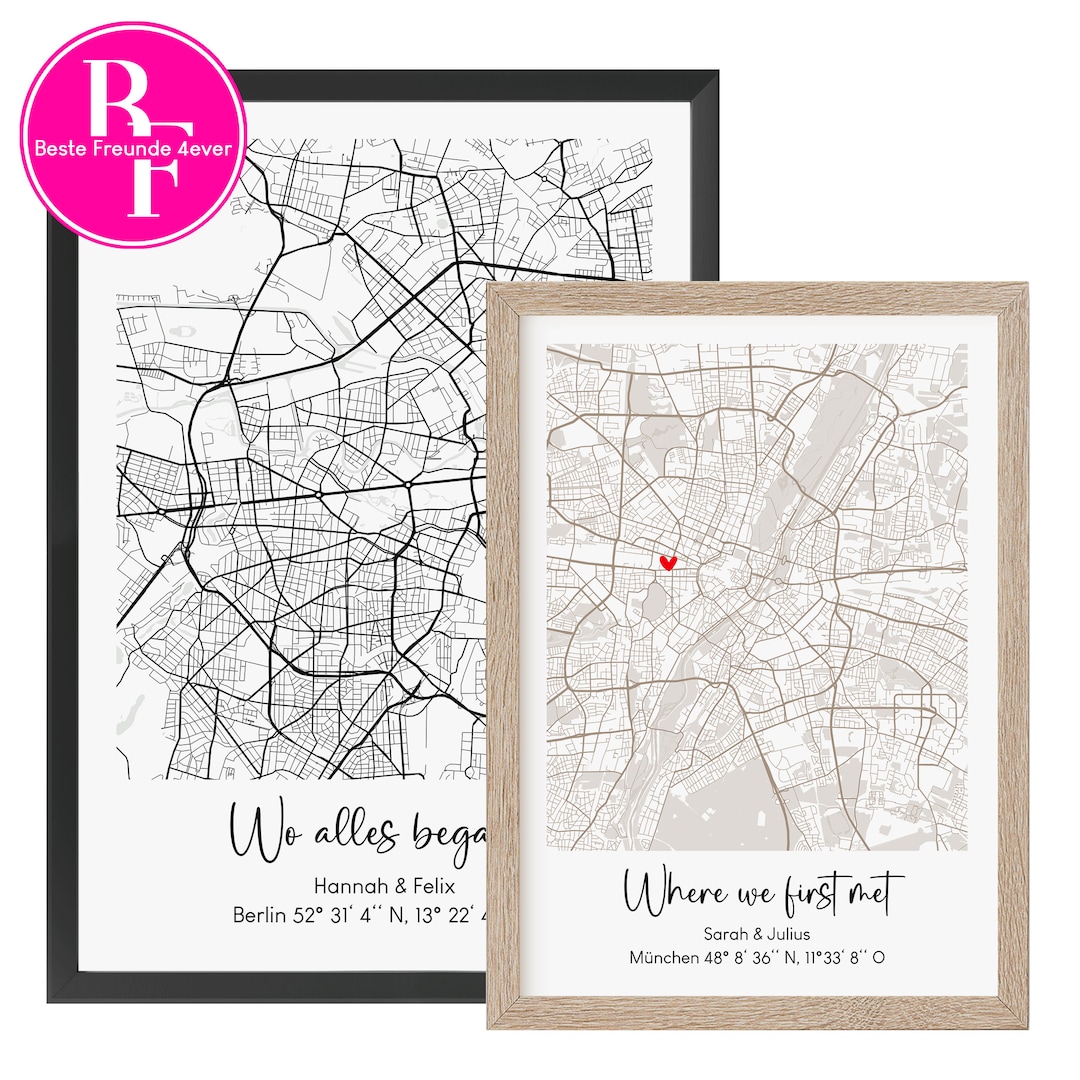
c. Drawing Fosters Creativity and Imagination
Drawing nurtures creativity and imagination by providing a platform for individuals to explore their ideas and express themselves in unique and personal ways. It encourages experimentation and the development of innovative solutions.

d. Drawing Improves Hand-Eye Coordination and Fine Motor Skills
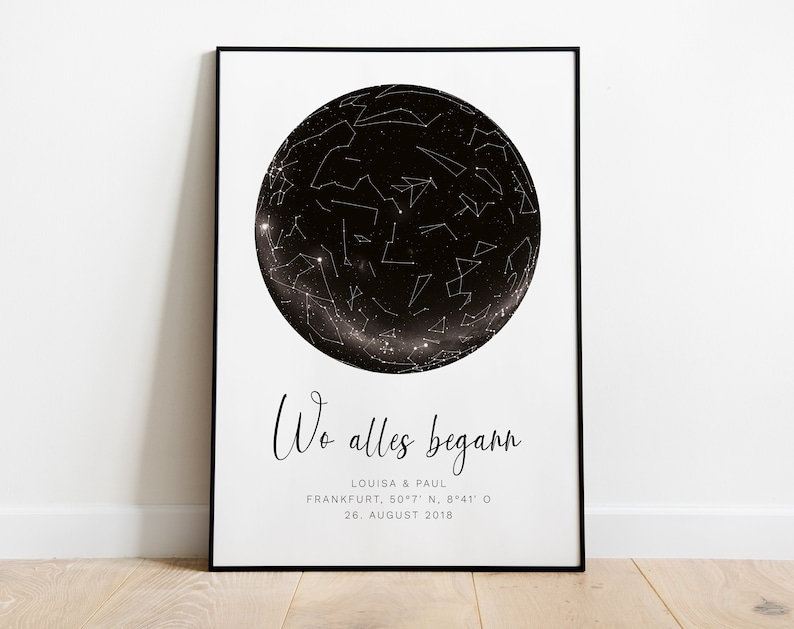
Drawing requires precise hand-eye coordination and fine motor skills. By engaging in drawing activities, individuals improve their dexterity and control over their movements, which benefits various aspects of daily life.
e. Drawing Enhances Observation Skills
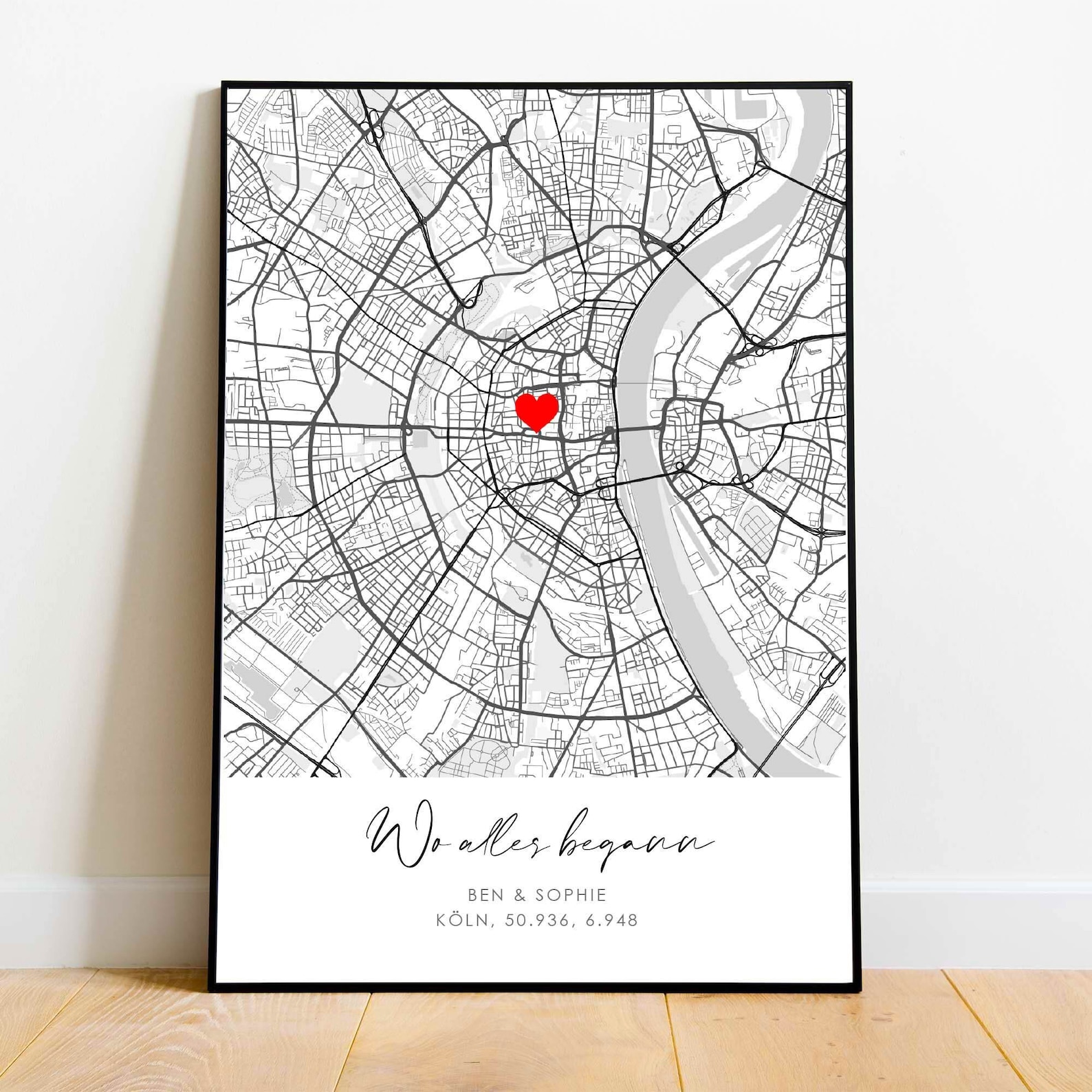
Drawing cultivates keen observation skills by encouraging individuals to pay close attention to details and the relationships between objects. This enhanced observation ability extends beyond drawing and benefits other areas of life.
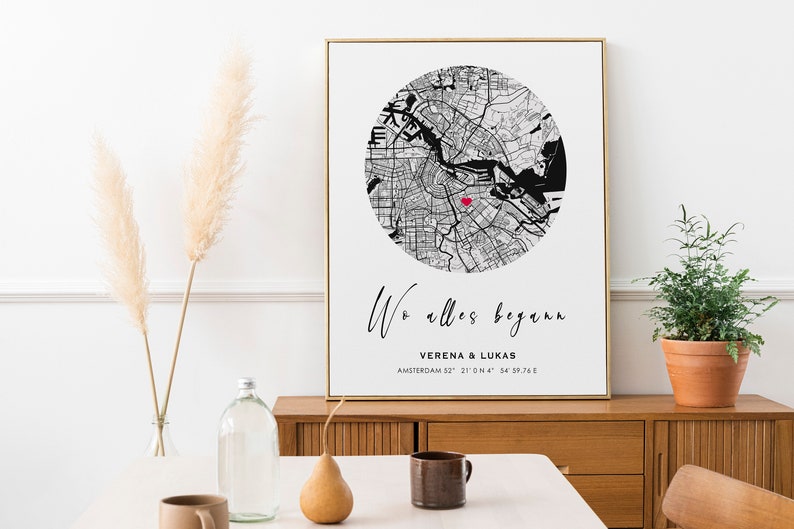
f. Drawing Promotes Patience and Focus
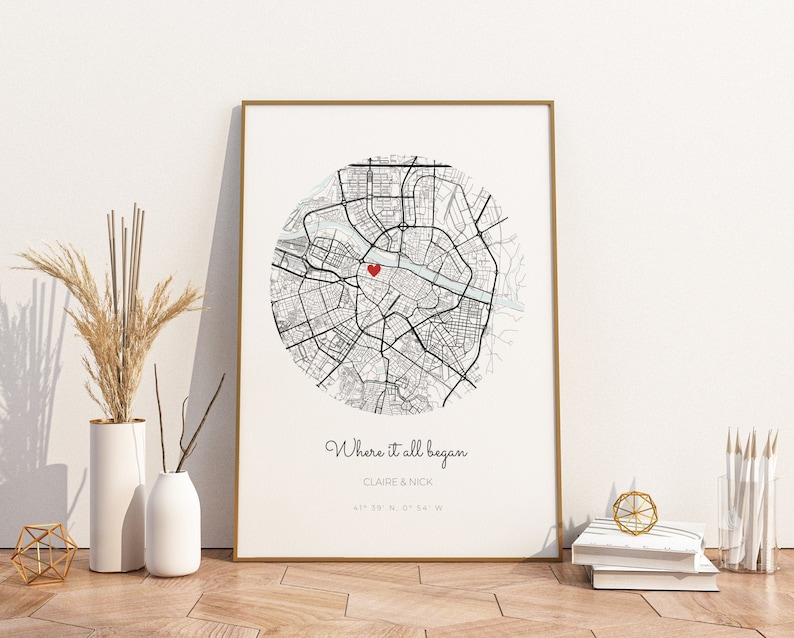
Drawing often requires patience and focus, as it involves carefully observing, planning, and executing the artwork. By engaging in drawing activities, individuals develop their ability to concentrate and persevere.
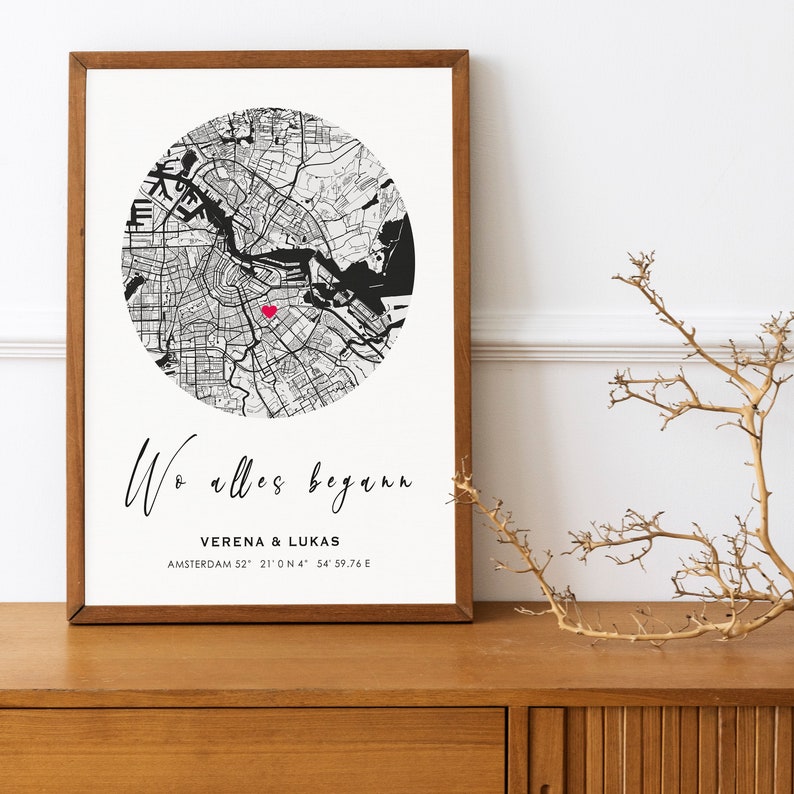
g. Drawing Encourages Self-Expression and Confidence
Drawing provides a safe and supportive environment for individuals to express themselves and build confidence in their abilities. It allows them to explore their unique perspectives and share their ideas with others.
2. The History of Drawing
a. Prehistoric Drawings: The Earliest Expressions
The earliest known drawings date back to prehistoric times, with cave paintings and rock carvings depicting animals, humans, and scenes from everyday life. These drawings provide valuable insights into the lives and beliefs of our ancestors.
b. Ancient Egyptian Drawings: A Legacy of Scribes
Ancient Egyptian drawings played a significant role in religious and funerary practices. Scribes meticulously created intricate drawings on papyrus scrolls, illustrating stories, rituals, and everyday life.
c. Greek Drawings: The Birth of Classical Art
Greek drawings laid the foundation for classical art and emphasized the human form. Artists such as Polykleitos and Lysippos developed ideal proportions and canons of beauty that influenced Western art for centuries.
d. Renaissance Drawings: A Rebirth of Realism
During the Renaissance, drawing experienced a revival as artists sought to accurately depict the human body and the natural world. Leonardo da Vinci, Michelangelo, and Raphael created masterful drawings that showcased their anatomical knowledge and technical skills.
e. Baroque and Rococo Drawings: Ornate and Expressive
Baroque and Rococo drawings were characterized by their elaborate ornamentation and expressive lines. Artists such as Bernini and Boucher used drawing to capture the grandeur and theatricality of the period.
f. Neoclassical Drawings: A Return to Simplicity
Neoclassical drawings emphasized simplicity, clarity, and order. Artists such as Jacques-Louis David drew inspiration from ancient Greek and Roman art, seeking to revive its ideals of beauty and harmony.
g. Modern and Contemporary Drawings: Breaking Boundaries
Modern and contemporary drawings have challenged traditional notions of drawing and explored new techniques and materials. Artists such as Pablo Picasso, Jackson Pollock, and Cy Twombly pushed the boundaries of drawing, creating innovative and thought-provoking works.
3. The Advantages and Disadvantages of Drawing
a. Advantages of Drawing
- Drawing enhances cognitive function, promoting problem-solving, critical thinking, and memory.
- Drawing fosters creativity and imagination, providing a platform for self-expression and innovation.
- Drawing improves hand-eye coordination and fine motor skills, benefiting various aspects of daily life.
- Drawing enhances observation skills, encouraging individuals to pay close attention to details and relationships.
- Drawing promotes patience and focus, developing the ability to concentrate and persevere.
- Drawing encourages self-expression and confidence, providing a safe space for individuals to explore their unique perspectives.
b. Disadvantages of Drawing
- Drawing can be time-consuming, requiring patience and dedication to complete a piece.
- Drawing can be challenging for beginners, as it requires practice and skill development to achieve desired results.
- Drawing can be messy, especially when using certain materials such as charcoal or pastels.
- Drawing can be frustrating, particularly when encountering difficulties or setbacks during the creative process.
- Drawing can be expensive, as it may require specialized materials and equipment.
4. A Summary of Bild Wo Alles Begann
Bild Wo Alles Begann is a comprehensive drawing course designed to guide aspiring artists from beginner to advanced levels. The course covers a wide range of topics, including:
- The fundamentals of drawing, such as line, shape, and perspective
- Various drawing techniques, including sketching, shading, and composition
- Different drawing materials, such as pencils, charcoal, and pastels
- Tips and tricks for improving drawing skills
- Inspiration and guidance for developing a unique artistic style
5. Q&A
a. What is the target audience for Bild Wo Alles Begann?
Bild Wo Alles Begann is designed for aspiring artists of all ages and skill levels, from complete beginners to those looking to refine their existing skills.
b. What are the benefits of taking Bild Wo Alles Begann?
Bild Wo Alles Begann provides numerous benefits, including:
- Enhanced drawing skills and techniques
- Improved cognitive function and creativity
- Increased confidence and self-expression
- A deeper understanding of art and design principles
- A supportive and encouraging learning environment
c. What materials are required for Bild Wo Alles Begann?
Bild Wo Alles Begann requires basic drawing materials, such as pencils, charcoal, pastels, and paper. Specific material recommendations are provided within the course.
d. How long does it take to complete Bild Wo Alles Begann?
The duration of Bild Wo Alles Begann depends on the individual’s pace and dedication. However, the course is designed to be flexible and can be completed at a comfortable pace.
e. What is the cost of Bild Wo Alles Begann?
The cost of Bild Wo Alles Begann varies depending on the specific package or subscription option chosen. Please refer to the official website for current pricing information.
Conclusion: Write a 7-paragraph conclusion that encourages the reader to take action. End with a 300-word closing statement or rebuttal.
1. Embracing the Transformative Power of Drawing
Drawing is an accessible and enjoyable activity that offers a multitude of benefits for individuals of all ages and skill levels. Whether you are a seasoned artist or just starting your creative journey, drawing can enhance your cognitive function, promote emotional well-being, and foster creativity.
2. Unleashing Your Artistic Potential with Bild Wo Alles Begann
Bild Wo Alles Begann provides a comprehensive and supportive learning experience that empowers aspiring artists to unlock their artistic potential. With expert guidance and a structured approach, you will master the fundamentals of drawing and develop your unique artistic style
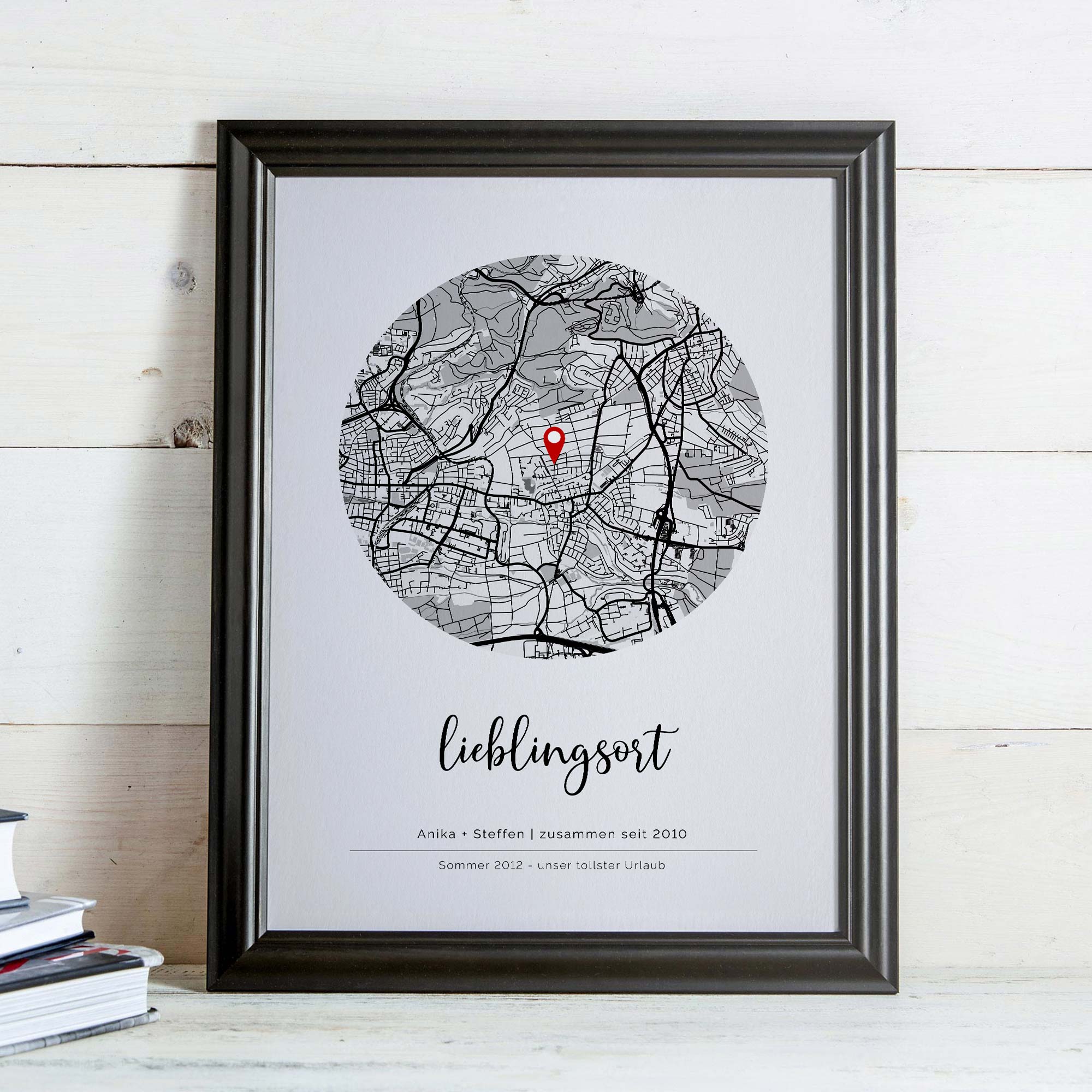
Closure
Thus, we hope this article has provided valuable insights into bild wo alles begann. We appreciate your attention to our article. See you in our next article!
